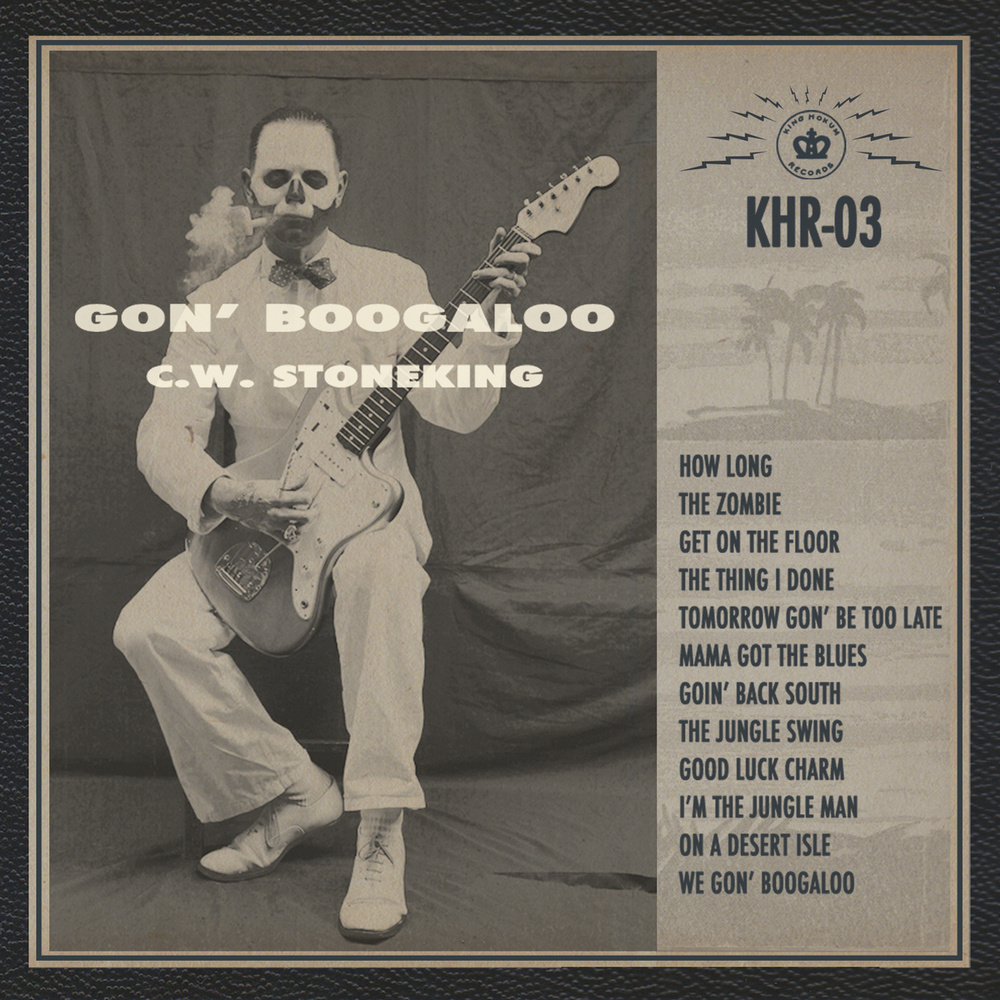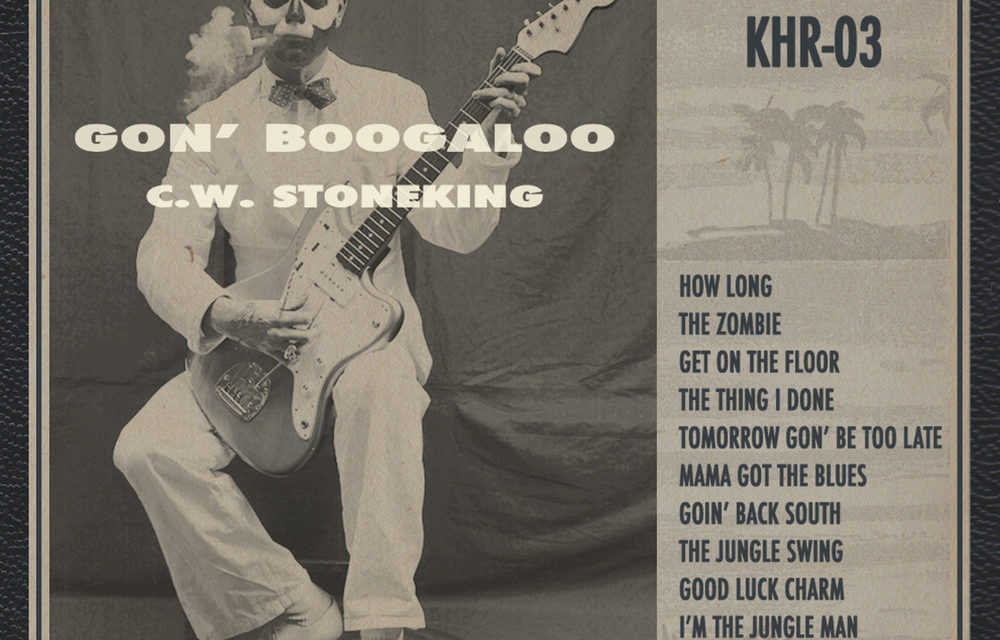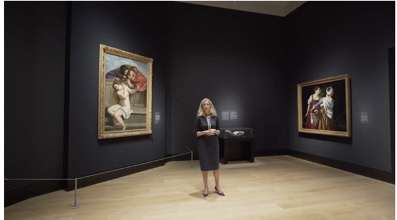
Courtesy of C.W. Stoneking
Bringing passion and humor to the stage, Australian blues singer-songwriter C.W. Stoneking performed an electrifying setlist at the Mammal Gallery on Oct. 6. Stoneking’s gravelly voice and metallic guitar notes cast a spell on the audience of about 50 as soon as he took the stage in his all-white outfit.
Stoneking is a rare personality with an unlikely origin. He grew up in the sparsely populated town of Katherine in Northern Territory, Australia, as far away from the American South as one can be. Luckily, he formed his musical connection to blues at a young age through his relationship with his father, American-Australian poet and playwright Billy Marshall Stoneking. As a child, Stoneking developed an affinity for American country blues, Caribbean calypso, New Orleans jazz and hokum — these influences make up the backbone of his musical style.
His act was composed of songs off his most successful albums, which include “King Hokum,” “Jungle Blues” and “Gon’ Boogaloo.” He’s been nominated for and won the Austrlian Recording Industry Association’s (ARIA) award for best blues and roots album for his albums “King Hokum” (2007) and “Jungle Blues” (2009), respectively. In 2014, “Jungle Blues” peaked at No. 14 on the ARIA Jazz and Blues chart.
The Oct. 6 show was part of Stoneking’s international tour. That night, he did not have his band accompanying him on stage, yet the music sounded full and satisfying.
The song “Handyman Blues,” from “King Hokum,” showcases his natural storytelling ability, as he chronicles the comical dialogue between an out-of-work handyman and a lady working at an unemployment office. In an age of superfluous pop songs that lack substance, Stoneking sings about real people and the hard times they face.
In the opening of the song, the lady in the unemployment office asks, “Well, don’t you think it’s about time that you got yourself a job?” to which Stoneking replies, “But I’m lookin’ for a job right now.”
“You’re lookin’ for a job, and prayin’ that you ain’t gonna find one,” she adds.
It is a casual back and forth that lets you know the kind of person the handyman is. He has given up on trying to find a job and would rather claim a welfare check. The comical irony is that the handyman, who once helped others, now needs a helping hand. Stoneking tells a story that is heart wrenching yet in touch with humanity.
“Jailhouse Blues,” off his “Jungle Blues” album, is a more upbeat rock ‘n’ roll tune, reminiscent of the genre in its infancy at the start of the 1950s. He sings about a man doing life in prison, reminiscing on the day the police took him away from his lover. It is a tale of longing and despair, and it reflects the essence of the blues. It is a form of expression that encourages baring your soul and being vulnerable for the sake of healing. There is nothing better than losing yourself in a catchy tune that, underneath the shiny guitar riffs, carries a message about lovers separated by society.
Stoneking’s talent lies in his ability to take old-fashioned musical styles and present them in an original way. Whether you like the music of that period or not, his songs will entertain you from beginning to end.
Stoneking’s revival of Southern American blues does not coincide with mainstream tastes, nor does it provide him with sold-out studio tours, but he does what he loves and his passion shines through in his live performances.
Lebo Jenkins, an Atlanta-based musician known for modern bluegrass music, opened, adding an avant-garde twist to the performance. He started the night playing the lap steel guitar and moved on to a classic acoustic. His twangy Appalachian swooning graced the spacious venue, a repurposed studio lot.
When the last chord rang out at the end of the night, the nostalgic spell was broken, and the audience was transported back to the present. Everyone deserves a respite from the chaos once in a while, and Stoneking delivers it. He sings of a simpler time, when a guitar was a man’s best friend, a confidant for all his sorrows. He sings blues from the heart, and because of that, Southern blues lives on.
Rating: ⅘ stars
Noah Whitfield (20C) is from Johannesburg, South Africa, majoring in creative writing and minoring in Spanish. His interests include making music, writing scripts and watching movies. Contact Whitfield at noah.christopher.whitfield@emory.edu.






